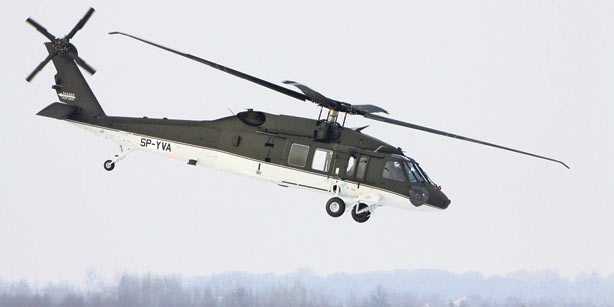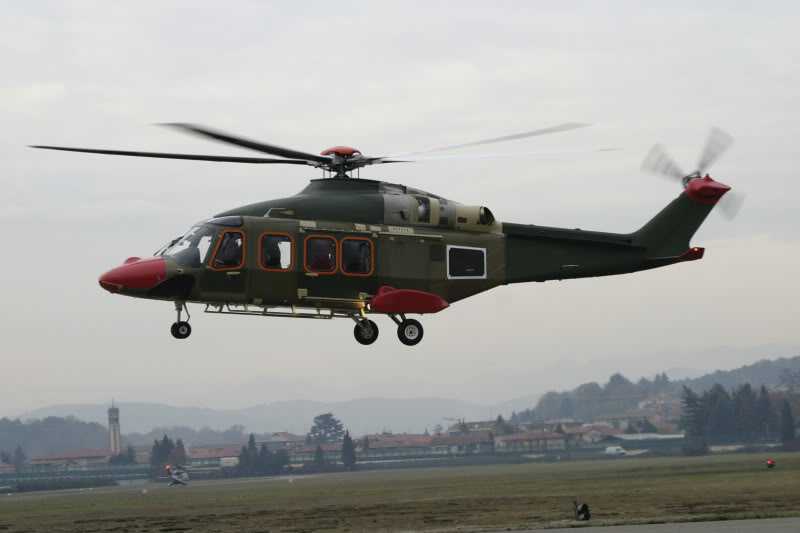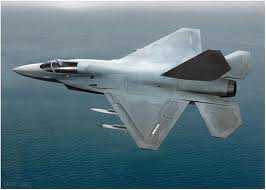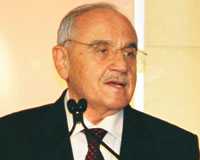Turkey will become an important hub for producing and exporting choppers in the near future, Ministry of Defense officials told the Anatolia news agency on Wednesday.

Sikorsky’s Blackhawk S-70i model is likely to be the kind of helicopter Turkey and the American aerospace company will export.
The source said that Turkey and American company Sikorsky will produce choppers in Turkey and start exports as soon as possible to third countries. He noted that Turkey aims to acquire know-how in the defense field with this project in order to make the country a potential helicopter production hub.
Defense Minister Vecdi Gönül announced on April 21 that Sikorsky had won a $3.5 billion deal to sell 109 choppers to Turkey. Under the agreement, part of those 109 choppers would be produced in Turkey. According to details Gönül shared with the media at that time, the Sikorsky helicopters to be produced in Turkey would be designed specifically for Turkey’s needs in the 10-ton category, each with a capacity to carry 18 passengers. The choppers will be produced according to a 10-year plan and used for multiple purposes, from defense to firefighting. The state-owned Turkish Aerospace Industries (TAI) is the main contracting party for the production of certain parts.
The source mentioned that, besides the agreement to sell helicopters to Turkey, Sikorsky agreed to export at least 200 choppers produced in Turkey to its customers around the world. The official underlined that Turkey had acquired an important opportunity for the transfer of know-how in defense technology from the United States with this agreement. “Soon or later, Turkey will become an important center for producing and exporting these helicopters,” officials said. According to the agreement, local companies in Turkey will produce the transmission, engine, software, avionic and optical systems, flight remote systems and the landing gear of the helicopters.
A leap forward in Turkish defense industry
While opening the country’s defense industry to the world, Turkey has placed greater importance on its national defense industry in the past few years than it has in the history of the republic.
As the infrastructure of its defense sector improved, the country began designing and producing its own defense products using only domestic resources. The 10th International Defense Industry Fair (IDEF’11), which was recently held in İstanbul with the participation of 575 domestic and foreign companies from 44 countries, was a recent opportunity to observe the transformation the Turkish defense industry has undergone in the past few years. Turkey introduced a number of firsts in its defense industry at this fair to attract the attention of foreign customers. Turkey’s first domestically built warship, the Heybeliada, Turkey’s first national tank, the Altay, Turkey’s first guided bomb, produced by Turkish Mechanical and Chemical Industry Corporation (MKEK) and developed by the Scientific and Technological Research Council of Turkey (TÜBİTAK), as well as its first domestically produced rifles were among the products exhibited at IDEF’11.
In other figures that further highlight the increased activity in the Turkish defense industry, defense product manufacturers earned total revenue of $2.73 billion and spent $666 million in research and development activities last year, up from $2.31 billion and $505 million, respectively, in 2009. In February, a Turkish defense company secured a $600 million deal –Turkey’s largest single sale in defense industry exports — in Malaysia.
In line with these developments, international companies have placed the Turkish defense industry on the top of their potential partner countries. The head of French missile and missile systems producer MBDA said in a previous statement they see potential for cooperation with Turkey’s strong defense industry. Antoine Bouvier, CEO of MBDA, told the Anatolia news agency that Turkey’s defense industry has made strategic investments in the recent past and that his company could be involved in more partnerships with companies from Turkey. “We see strong potential in Turkey for cooperation in various fields of the defense industry,” Bouvier said.
via Turkey to partner with Sikorsky to export choppers to countries in region.





